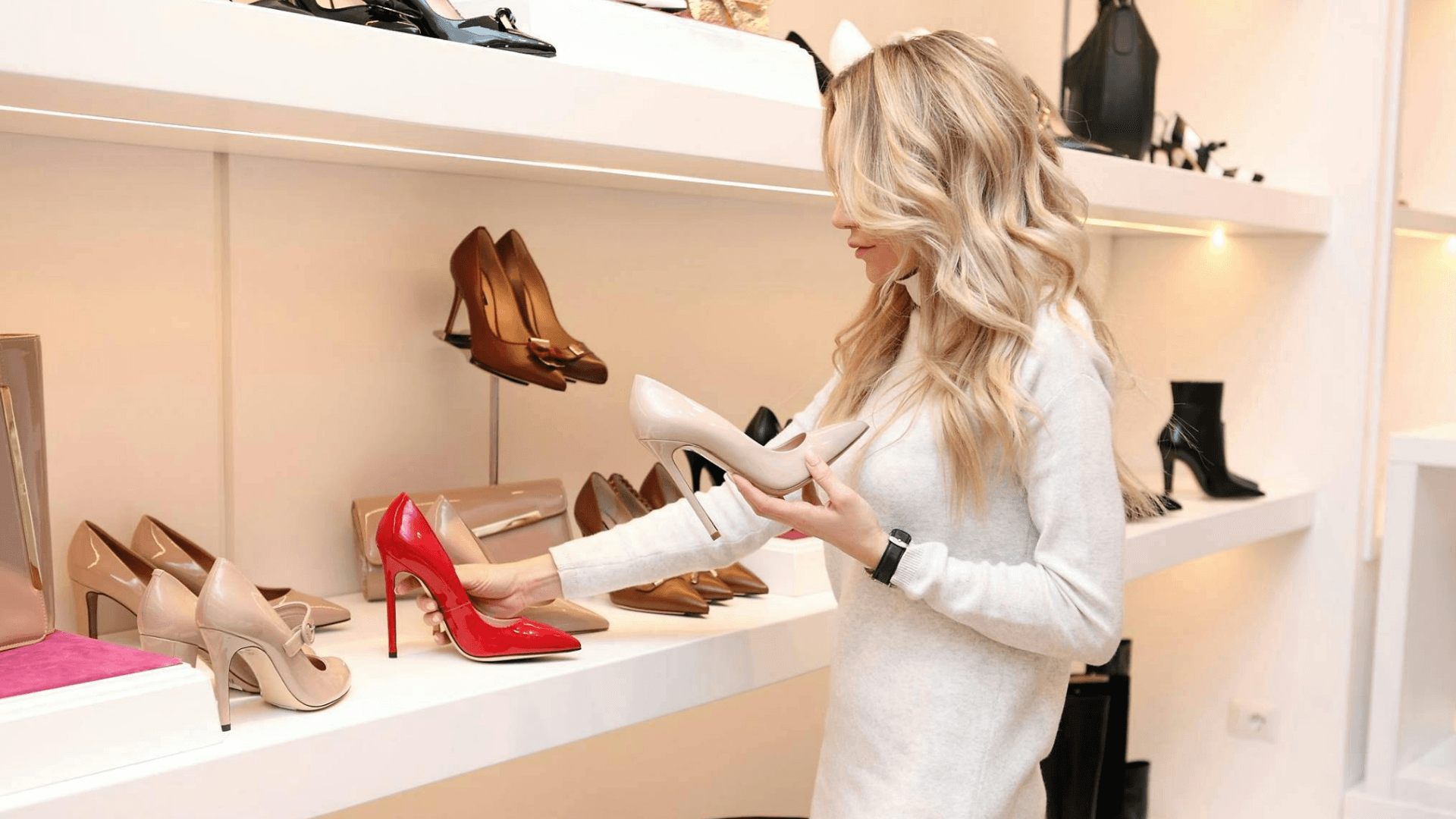Welcome to The Get, by Neo—a new personal finance magazine for Canadians. No acronyms, just good info.
For this week’s Reality Cheque, we’re busting the myth that splurges are always bad.
-----------------------------------------------------------------------------------
If you make a big-ticket spend on your credit card, is that really harmful for you and your credit score? Well, it depends. Here’s why.
By Sydney Loney
If Ottawa-based financial expert and speaker Tracy Ma (aka Financial Nirvana Mama) is going to splurge on something, it’s likely to be on a high-quality tennis racquet or expensive skincare treatment. But she doesn’t actually consider these to be splurges at all—because she will have planned for them.
There’s a myth that splurging is bad, Ma says, and she’d very much like to dispel it. “It comes from an all-or-nothing mindset,” she says. “We’ve been taught that saving is disciplined and a sign of success, while spending is the equivalent of failure. But money isn’t meant to just sit in your account. It’s meant to work for you and improve your life, and splurging can be part of that.” Here are Ma’s top three tips for successful splurging.
Set a goal for your splurges
First of all, don’t think of spending on yourself as splurging, think of it as an investment, Ma says. Reframing how you approach spending will help you be more intentional—it’s all about planning and purpose.
“If you create a goal for your money, then you can reframe spending it as part of being fiscally responsible,” she says. “Think of splurging as conscious spending or spending that aligns with your long-term goals and values.” This might include spends on health, fitness (a new tennis racquet!), family time, or a weekend getaway to help you recharge.
The key is to be mindful about where you spend your money. For Ma, a quick rule of thumb for meaningful splurges is to spend on what is important to you and reflects your priorities, and then splurge only on experiences that are meaningful or things that have lasting value. That way you won’t end up splurging on something that will only lead to buyer’s remorse.
Make splurging part of your financial plan
When you’re just starting to establish your spending goals and build a financial plan, it’s important to adopt strategies to help you achieve them, including building your credit history.
“If your spending goal is to upgrade to a new phone or buy plane tickets for a holiday, work backward,” says Ma. Break down the cost into how much you would need to save in a separate account.
A helpful strategy for those building their credit is to be diligent about paying off all the bills, like electricity for example, that appear on your credit card every month. “Building your credit over time helps open doors, so you can better plan your spending for the future,” Ma says. Remember, credit building is about maintaining good financial behaviours, like paying your debts on time. If you don’t think you can pay off a splurge in time, consider the next tip.
Create a splurge account (aka "Fun Fund")
There’s nothing stopping you from having more than one chequing or savings account, Ma says. She recommends setting up multiple accounts and giving each one a name that reflects its specific spending goal, such as “fun money” or “vacation money,” then put 5% of your paycheque toward each, as a starting point. She compares it to getting fit: “You start with easy weights and build up over time. It’s a healthy financial habit that makes the way you save and spend more intentional.”
Once you’ve laid the foundation by automatically routing money toward your goals, you can increase the amounts as your paycheque increases, she says, so that your savings snowball over time. “When the time comes to withdraw the money, you won’t feel guilty about spending it because it was always intended for that specific purchase.”
Let go of spending guilt
Everyone suffers from buyer’s remorse at some point. For Ma, it was an impulse buy on a trendy designer handbag. She returned it two days later. “I took it back because it didn’t feel right. I’d bought it because my friends had one, not because it was something that I valued.”
Guilt around spending manifests when there’s no clear path to what really matters to you, she adds. “When you don’t have a plan or purpose, and you’re just spending money willy-nilly, that’s when the shame creeps in.” On the other hand, if the designer handbag was something that was truly important to her, she would have kept it—guilt-free.
Many buying mistakes are influenced by social media and wanting something just because everyone else seems to have it. “Again, it’s about taking time to reflect on why you’re spending and whether the purchases you make align with your personal goals,” Ma says.
“If an expensive handbag is important to you and you worked your butt off to get it, then you should never feel guilty about investing in it.” Have fun, because you know you’ve planned ahead to pay for it with the Fun Fund.
Sydney Loney is an award-winning writer and editor with more than 20 years of experience in Canadian media.
Read more from this issue of The Get:
- The Cost of Seeing Sports Live: How much would you spend on play-off tickets
- “How did I get here?” asks Canadian comedian Rick Mercer
- Changing jobs? Negotiate a better pay rate
- Will my partner’s credit score affect my own?
-----------------------------------------------------------------------------------
The Get is owned by Neo Financial, and the content it produces is for informational purposes. Any views expressed are those of the individual author and/or of The Get editorial team., not of Neo Financial or any of its partners or affiliates. The content is not meant to replace professional financial advice, and it should not be the sole source for making any financial decisions. Always do your due diligence before deciding what to do with your money. Read The Get’s editorial mandate.



